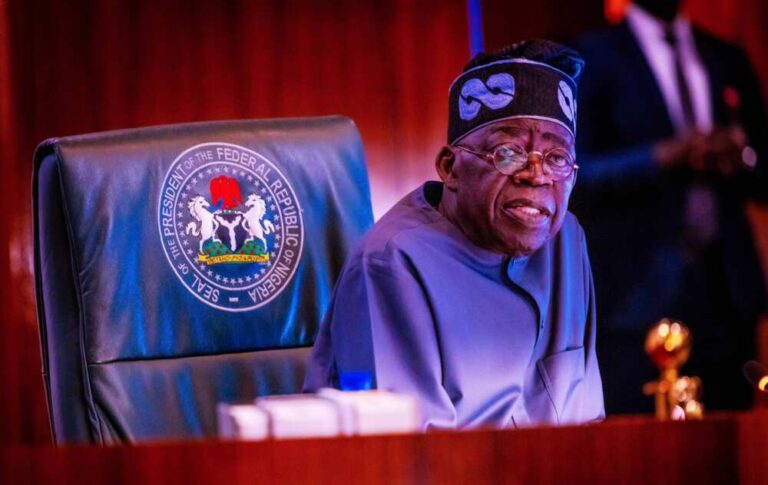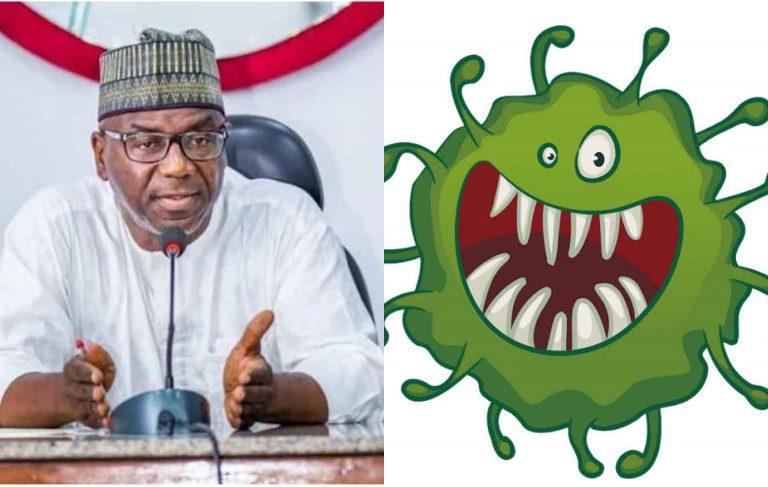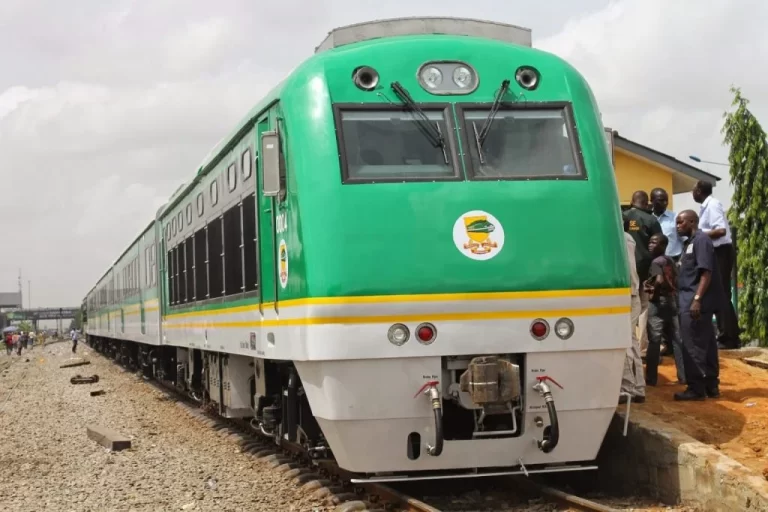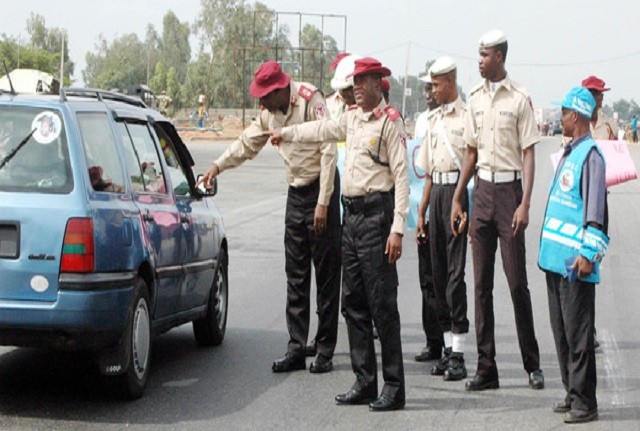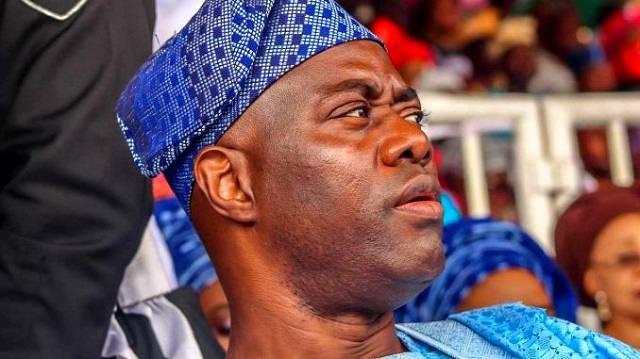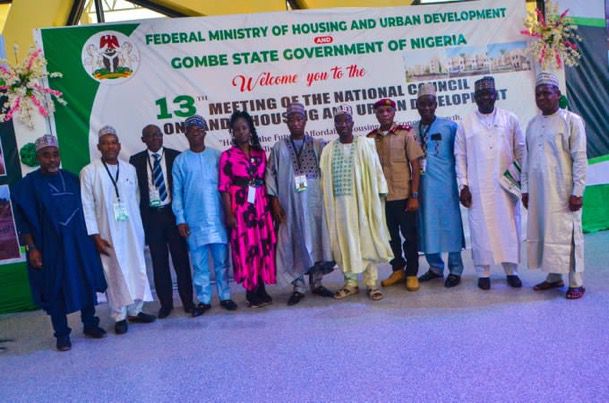Hardship: FG plans to give 20 million poor Nigerians cash transfer
Nigeria’s revenue recorded in the 2024 fiscal year has been strategically allocated to various social intervention programmes aimed at improving the living standards of citizens and addressing pressing societal needs, the Federal Government has said.
According to Wale Edun, the Minister of Finance and Coordinating Minister of the Economy, the social investment programme is targeted to impact 60 per cent of the poorest, reaching 20 million persons, adding that a comprehensive proposed agenda for economic reform would reduce inflation, create jobs, and stimulate growth in key sectors of the economy.
At his October 1, 2024 address, President Bola Tinubu announced that the government’s revenue for the first half of 2024 (January to June) stood at over N9.1tn—more than double the N4.06tn generated in the same period in 2023.
Speaking at a panel session titled ‘Fiscal Reforms for a More Secure Future’ during the 30th Nigeria Economic Summit in Abuja on Tuesday, Edun said the increased revenue is primarily being used to finance social programmes aimed at mitigating the impact of essential but challenging reforms that have affected the cost of living.
He said, “In terms of revenue, the number one place to look was inwards, domestic resource mobilisation. That’s where the government started. By the first half of this year, revenue had doubled.
“Aggregate government revenue was more than doubled. And that was achieved by applying technology very robustly.
“We have applied technology in a way that essentially reforms the civil service. Rather than waiting for compliance from government ministries, departments and, agencies and government companies, we looked at what the rules and regulations were, how much a company was allowed to spend on its revenue, and then how much of its surplus it had to provide to government.
“The social investment programme is spearheaded by direct transfers to reach 60 per cent poorest in the population. And right now, 20 million households are being supported directly. And it’s going to rise to, well, 20 million people, four million households so far, and it will rise to 15 million households who will be paid directly by the government.
“That is how President Tinubu’s government is spending the money which is being yielded from better oil production.”
“We are looking to food production to help bring down inflation,” he explained.
“We aim to make food more available, affordable and to reduce the cost of living for Nigerians.”
The minister added that the interventions through direct cash transfers have reached 4m households already.

